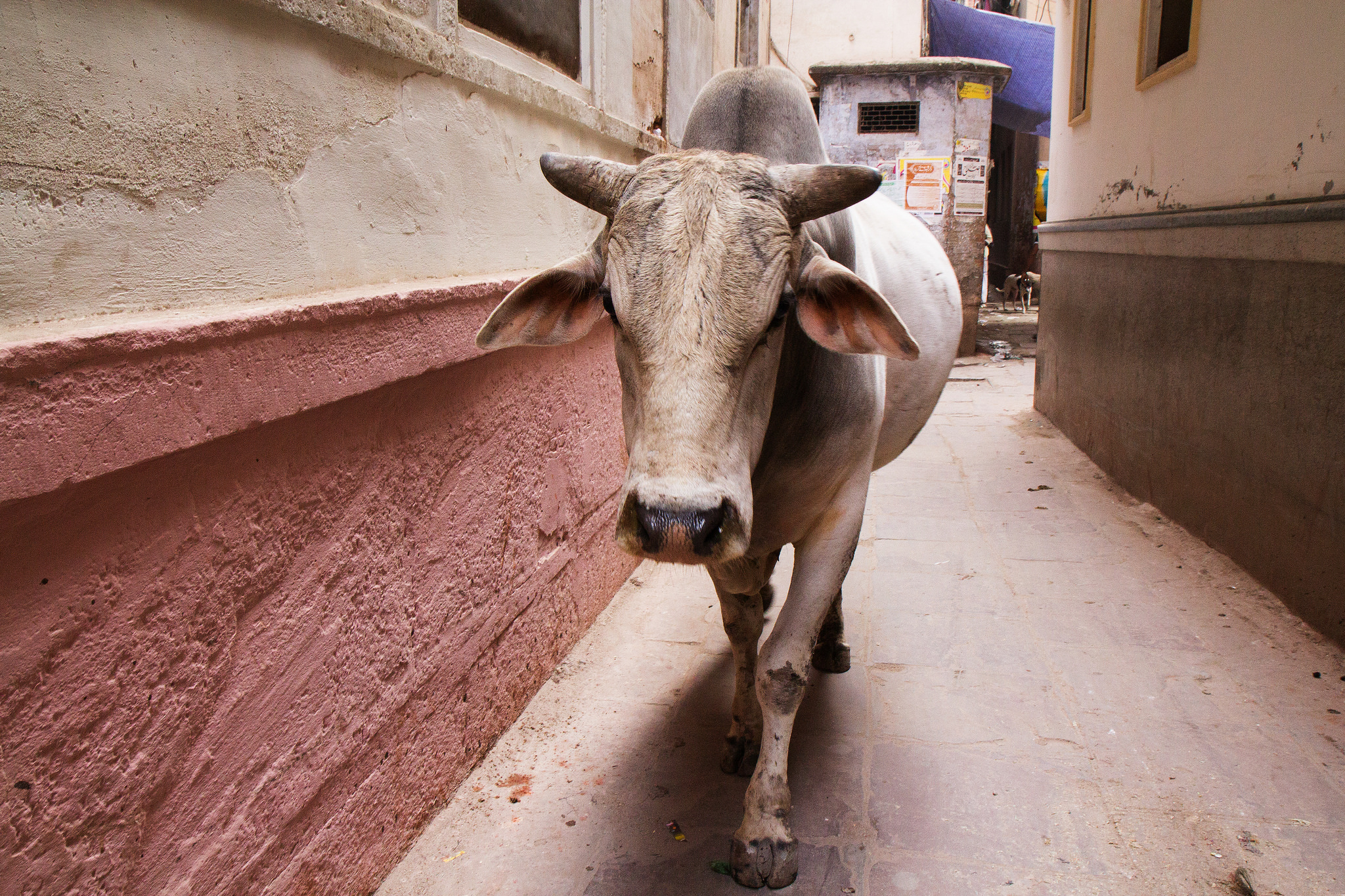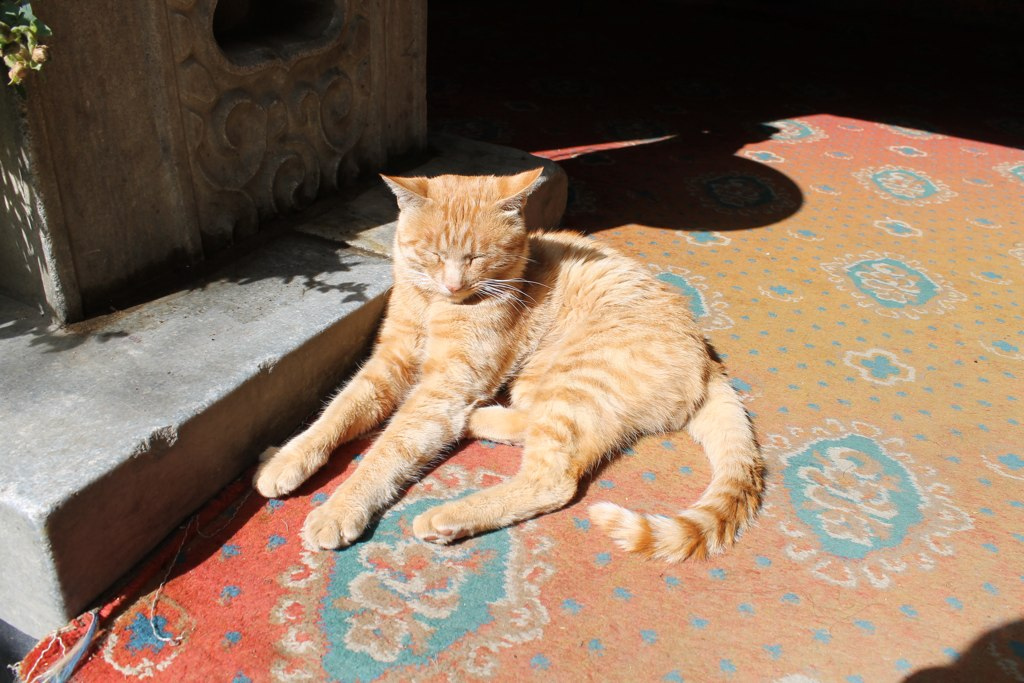You need to log in to post to this user's Wall.
-
Maneka Gandhi wrote a new post, Confronting Vets Who Harm Animals 8 years, 7 months ago
(Featured image: dairy cows in a factory farm in Finland, courtesy Oikeutta Eläimille, used under CC BY 2.0)
Once a week I get an application from a fresh veterinary doctor to join my hospital/shelter. They come […]
-
Maneka Gandhi wrote a new post, The Changing State of Indian Dairy 8 years, 7 months ago
(Featured image courtesy Kirill Zarubin, used under CC BY-NC 2.0)
Milk is about 85% water. The remaining 15% is milk sugar lactose, protein, fat and mineral. The difference between A1 and A2 protein is subtle. […]

-
Maneka Gandhi wrote a new post, Ethical Travel Tips to Change the World 8 years, 7 months ago
(Featured image: cat living at Norbulingka, a Tibetan community which runs an all-vegetarian hotel. Photo courtesy Eva, used under CC BY-ND 2.0)
Many years ago, the Jain and Gujarati community in Mumbai […]

-
I definitely agree with your position that travelers need to think through the ethics of where and how they travel. However, the practice of bycotting entire regions or nations because of something inhumane that occurs there strikes me as a dangerous proposition, at least from my perspective as someone from the United States. The reason I say this is that it seems to me that people in the United States are already prone to focusing on forms of animal cruelty that occur in other parts of the world, while turning a blind eye to the many that occur here in their home country. I see a lot of people commenting online, for example, who are enraged over dog meat being eaten in Korea but who never think twice about the cruelty that occurs in factory farms in the U.S.. This sort of thinking seems to reinforce a perception of the murderous, barbaric ‘other’, and it is often coupled with apparent racism. It seems to me that refusing to visit those areas would only further reinforce this type of thinking.
I think it’s probably true that you could identify some boycott-worthy inhumane practice towards animals in most areas of the world. I just worry that travelers boycotting other areas because of cruelty not only would continue to view those regions as inferior and full of inhumane barbarians, but also that in refusing to travel there, they may miss out on opportunities to understand why inhumane practices occur. We also lose the potential for dialogue between the ethical traveler and the people who live in the region where cruelty towards animals is occuring.
-
-
Maneka Gandhi's profile was updated 8 years, 7 months ago
